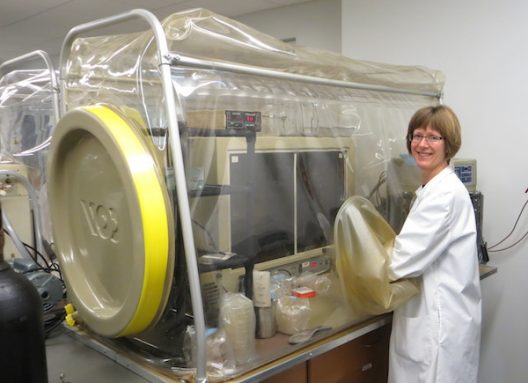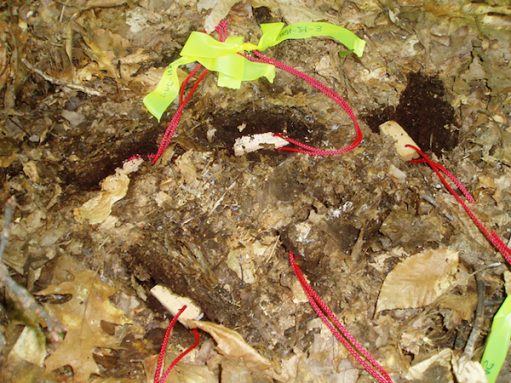Have you ever wondered what would happen if decomposition didn’t exist? We often take for granted the process of decay and how it contributes to the cycle of life. But what if dead things just piled up without ever breaking down? Let’s explore the important role that decomposition plays in nature and why it’s essential for our existence.
Table of Contents
The Cycle of Life and Decay
When a living organism dies, it marks the end of one life but the beginning of something new. Decomposition, the process of breaking down dead bodies, is what allows new life to emerge. Fungi and bacteria, acting as nature’s recyclers, play a vital role in this process. They break down the organic matter, releasing essential nutrients that can be reused by other living organisms.

Decomposers like fungi and bacteria can be found everywhere – in leaves, soil, and even in the guts of dead animals. They secrete enzymes that break down the nutrients in dead organisms, enabling them to absorb these nutrients. Without decomposition, the carbon, nitrogen, phosphorus, and other essential elements would remain locked in dead matter, inaccessible to other living organisms.
The Importance of Decomposition
Decomposition is not just a gross and messy process; it has far-reaching implications. Let’s take a look at why we need decomposition and how it affects various aspects of our lives.
Environmental Impact
Decomposition plays a crucial role in maintaining the health of forests, farmland, and other ecosystems. It aids farmers in nutrient recycling, preserving soil fertility without relying heavily on artificial fertilizers. When dead plant matter decomposes, it enriches the soil with carbon, nitrogen, and other essential nutrients, providing a fertile environment for new growth.

Moreover, decomposition helps in the removal of organic waste and the prevention of pollution. By breaking down dead matter, decomposers prevent the release of harmful substances into lakes, streams, and rivers. It also reduces soil erosion and runoff, contributing to a healthier environment.
Climate Change and Decomposition
As the world grapples with climate change, understanding the impact on decomposition is crucial. Rising temperatures due to global warming can potentially speed up the decomposition process. However, there are complex feedback mechanisms at play. Although higher temperatures provide more energy for decomposition, it also affects the efficiency of microbes responsible for breaking down dead matter. The balance between these factors determines the overall impact on the rate of decomposition and carbon dioxide emissions.

Scientists are conducting experiments to better understand the relationship between climate change and decomposition. By manipulating leaf litter in forests, researchers can observe changes in soil fertility, microbial activity, and nutrient cycling. These experiments help us comprehend the long-term effects of climate change and make informed decisions to mitigate its impact.
Biofuels and Decomposition
Decomposition is not limited to natural environments; it also has implications for biofuel production. Scientists are exploring ways to utilize decomposition to break down plant material and produce biofuels more efficiently. Bacteria like Clostridium phytofermentans have shown promise in breaking down plant fibers into ethanol, a cleaner alternative to fossil fuels. By tapping into the power of decomposition, researchers aim to make biofuel production economical and environmentally friendly.

The Fascinating World of Decay
Decomposition is not something to shy away from; it is an essential process that sustains life on Earth. From forests to farms to even our own bodies, decomposition shapes our environment and influences our well-being. Understanding the intricate workings of decomposition allows us to appreciate the interconnectedness of life and the delicate balance that exists in nature.
To learn more about the science behind decomposition and explore other intriguing topics, visit 5 WS. There’s always something new and exciting to discover in the world of science!
So, the next time you come across decaying matter, remember to celebrate the power of decay. It truly is nature’s way of giving life to new beginnings. Hooray for decay!

